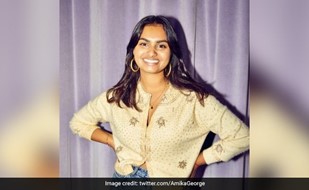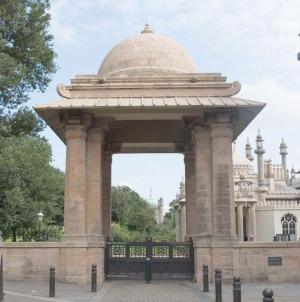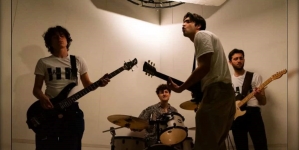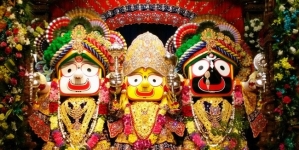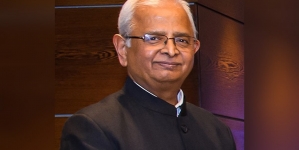-
IRELAND: “From 800 to 7,000”: Ireland’s Education Appeal Soars Among Indian Students - May 4, 2024
-
TORONTO: Canada Sets Weekly Work Hour Limit For Indian Students At 24 - May 3, 2024
-
TORONTO: India strongly protests ‘Khalistan’ slogans at a public event attended by Canadian leaders - May 2, 2024
-
TOKYO: Japan Offers Scholarships To Indian Students Pursuing Research - May 1, 2024
-
ZAGREB: India-Croatia Foreign Office Consultations (FOC) - May 1, 2024
-
BUCHAREST: Government Of Romania To Offer Scholarships To Indian Students - April 30, 2024
-
WASHINGTON: India Now Second-Largest Source Country For New Citizens In US- Report - April 30, 2024
-
LONDON: Run For Modi” Event In London To Drum Up Support For PM Modi - April 29, 2024
-
LONDON: Indian-Origin Candidate On How He Plans To Win London Mayoral Polls - April 28, 2024
-
HARVARD: No Country Is Perfect”: Physics Wallah Urges Indian Students At Harvard, Stanford To Return - April 27, 2024
LONDON: Indian-Origin Woman, 21, Was “Reluctant” To Accept Queen’s Birthday Honours
LONDON: When we first heard about the
21-year-old period poverty activist Amika George breaking barriers with her
organisation, Free Periods, pride and inspiration went hand-in-hand in our hearts.
Pride, because Amika George also has Indian roots. We felt inspired because to
do what she did as a brown woman in the United Kingdom is not an easy task.
So, when the news came out of her becoming the
youngest recipient of the Queen’s Birthday Honours, it was a cause of
celebration of young women across the world, especially young Indian women and
Indian-origin women who are thriving as immigrants and citizens of other
nations across the world.
Free
Periods was
started by Ms George in April 2017. She was just 17 then. She started the
organisation after she learnt about the students in the United Kingdom who
would have to abstain from going to school several days every month due to lack
of access to menstrual hygiene products.
She also
led a protest outside Downing Street in London which had thousands of
supporters, and more than 2.7 lakh signatures on a petition on Change.org, demanding the UK government
provide period products free of cost for all students who avail free
school meals.
However,
according to a recent post on her Twitter handle, when Ms George found out that
she was slated to receive the Queen’s birthday honours, she felt
“reluctant” to accept the MBE (Member of the Order of the British
Empire). In a post on Twitter on June 12, 2021, Ms George wrote: “Being
offered an MBE was surreal. I felt so lucky to be able to represent young
people and everyone who has supported @free_periods, but the associations with
empire made me reluctant.”
She
further elaborated on this sentiment in an article she wrote for British Vogue.
She shared with readers how reading about Britain’s colonial history and the
aftermath of the Partition and the Indian freedom movement made her feel
uncomfortable with the idea of accepting the Queen’s Birthday Honours.
Upon
pondering on “racist exploitation, economic extraction and a continuing legacy
of global division”, Ms George said how the “empire” could be
the most “shameful word” that she would be permanently attaching with
her identity.
But soon
after, she also realised the impact that her acceptance of the Queen’s honours
could have. In the first-person account for Vogue, she wrote: “I’m
accepting this MBE on behalf of every single person who supported, signed,
protested and donated to our cause.
I don’t
see it as a reward for my personal achievements; it’s an indication of our
generation’s irrepressible energy and hunger for transformative change… So,
perhaps, as a young person of colour, I don’t have the luxury of rejecting this
MBE. The opportunity to represent my community and my family, to draw attention
to the lack of colonial history in our education system, and highlight the
stark underrepresentation of young people in political spaces, is one I can’t
let slip by.”
Her
Indian roots is a strong part of Ms George’s identity, as is testified by this
tweet.
In her
Vogue first-person account, Ms George mentioned her grandfather, who reminded
her of the “long line of uncelebrated activists who have refused to let
adversity slow them down, who have served their communities, often with no
recognition or reward, and found strength and compassion even in the bleak face
of racism, prejudice and cultural dislocation.” She said she dedicates her
MBE to them.



















